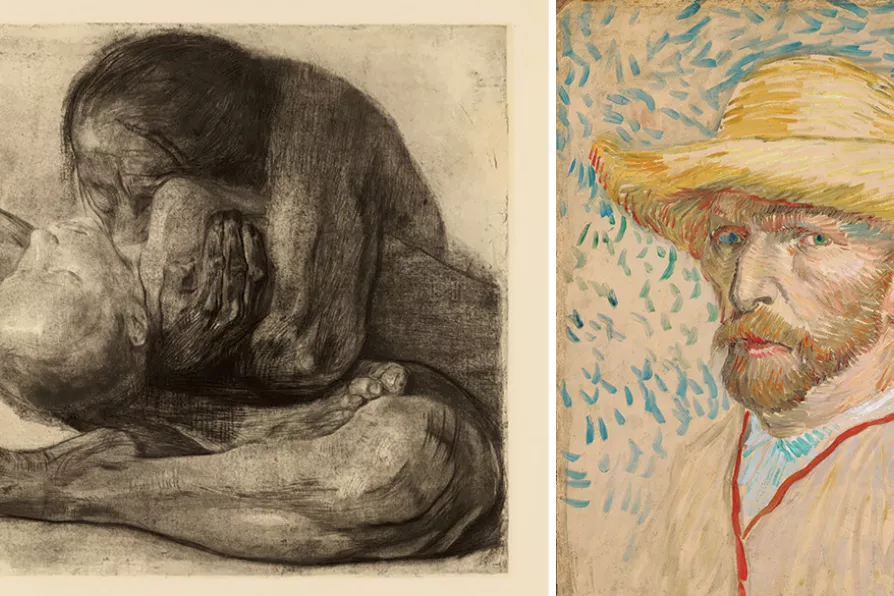The Bard stands with the Reformers of Peterloo, and their shared genius in teaching history with music and song

 (L to R) Kathe Kollwitz, Woman with Dead Child, 1903; Vincent van Gogh, Self-Portrait with Straw Hat, August - September 1887
[(L to R) Kathe Kollwitz Museum Koln Public domain Van Gogh Museum Amsterdam]
(L to R) Kathe Kollwitz, Woman with Dead Child, 1903; Vincent van Gogh, Self-Portrait with Straw Hat, August - September 1887
[(L to R) Kathe Kollwitz Museum Koln Public domain Van Gogh Museum Amsterdam]
INSPIRED curating at the National Gallery managed to provoke a multitude of ideas by juxtaposing just two life-size portraits — Jean Auguste-Dominique Ingres’s Madame Moitessier of 1856 and Pablo Picasso’s Woman with a Book of 1932.
The contrast between the arch-traditionalist and the quintessential modernist embodied the cultural and social change from France’s 19th-century bourgeois rule and values to the progressive ones of the first decades of the 20th century.
Ingres’s portrait being commissioned by her father-in-law, a minister of state, Picasso’s painting being a non commissioned portrait of his current young partner. Yet Picasso paid tribute to his predecessor by choosing to pose his sitter to echo that of Ingres’s portrait.

JOHN GREEN welcomes a remarkable study of Mozambique’s most renowned contemporary artist

LOUISE BOURDUA introduces the emotional and narrative religious art of 14th-century Siena that broke with Byzantine formalism and laid the foundations for the Renaissance












